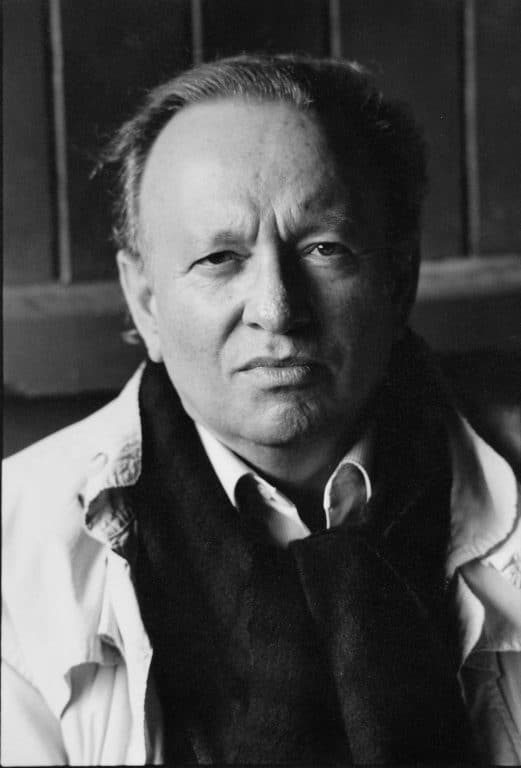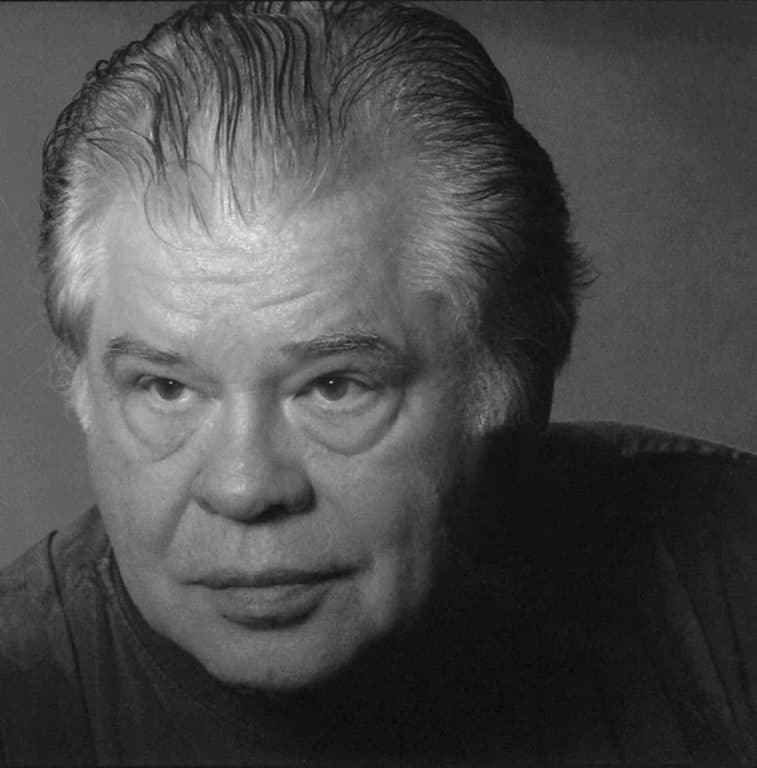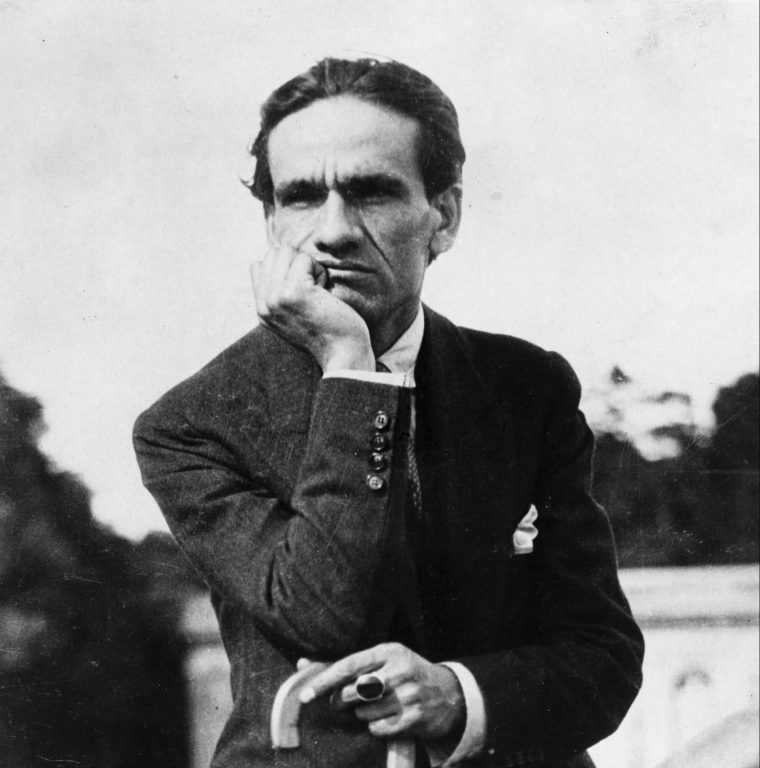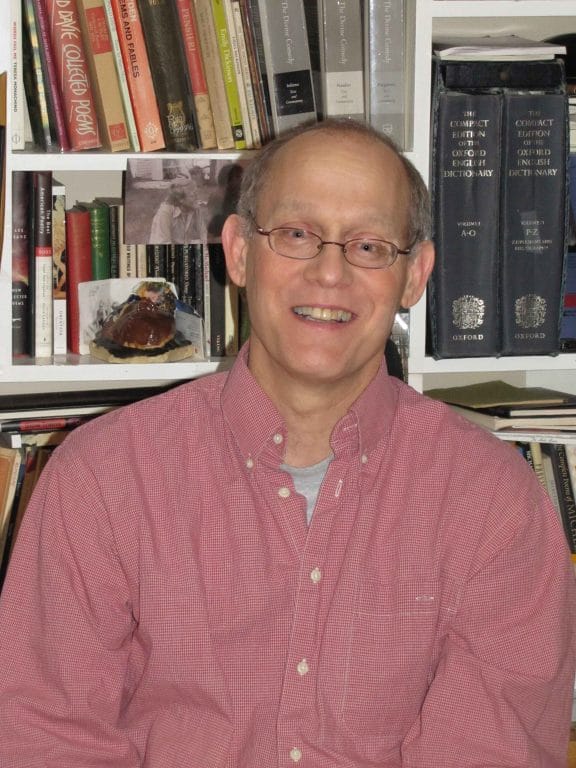Words often travel a long way to be on the page before you, assembled as they are. Let’s contemplate again how the poems of Jordan Abel’s 2017 Griffin Poetry Prize winning collection Injun came to be, and appreciate again the power accrued in their journey to the page.
As we’ve discussed before, Abel’s source for…
Words often travel a long way to be on the page before you, assembled as they are. Let’s contemplate again how the poems of Jordan Abel’s 2017 Griffin Poetry Prize winning collection Injun came to be, and appreciate again the power accrued in their journey to the page.
As we’ve discussed before, Abel’s source for the poetry of Injun was dozens of public domain western novels, published from 1840 to 1950. At the end of the collection, he reveals the process by which he built the work:
Injun was constructed entirely from a source text comprised of 91 public domain western novels with a total length of just over ten thousands pages. Using CTRL+F, I searched the source text for the word “injun,” a query that returned 509 results. After separating out each of the sentences that contained the word, I ended up with 26 print pages. I then cut up each page into a section of a long poem. Sometimes I would cut up a page into three- to five-word clusters. Sometimes I would cut up a page without looking. Sometimes I would rearrange the pieces until something sounded right. Sometimes I would just write down how the pieces fell together. Injun and the accompanying materials are the result of these methods.
The 2017 judges cite with admiration what Abel’s intense process boils down to and arrives at …
“The fog of tedious over-dramatization clears and the open skies of discourse can be discerned. What does it mean to arrange hate to look like verse? What becomes of the ugly and meaningless? Words are restored to their constituent elements as countermovements in Abel’s hands, just as they are divested of their capacity for productive violence. The golden unity of language and its silvered overcoding erode, bringing to bear the ‘heard snatches of comment / going up from the river bank.’ To pixelize is to mobilize, not to disappear.”
That Abel sifted through the body of material that he did, contemplated it and responded to it with lines of such searing indelibility as
“even snakes are more vital
even bandages wash away”
testifies to the work’s singular achievements.




